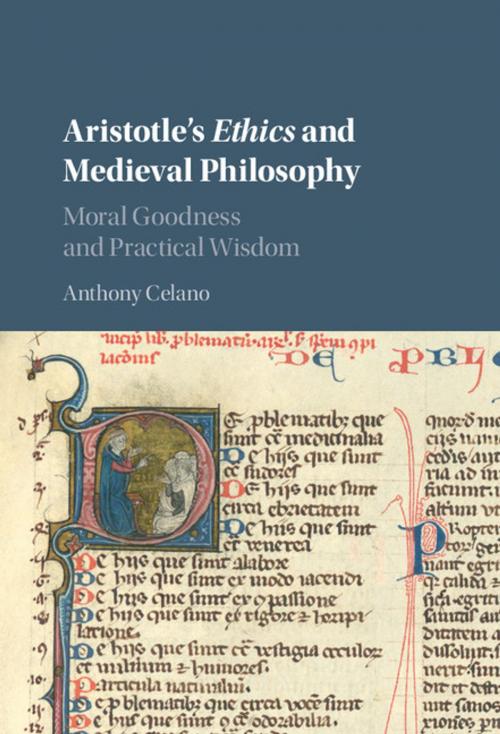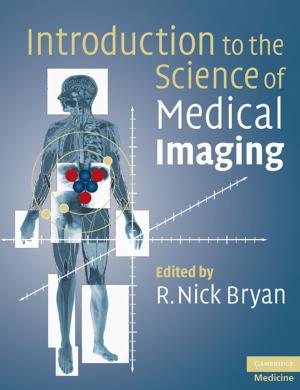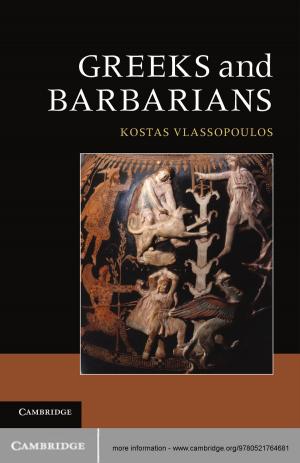Aristotle's Ethics and Medieval Philosophy
Moral Goodness and Practical Wisdom
Nonfiction, Religion & Spirituality, Philosophy, Medieval, Fiction & Literature, Literary Theory & Criticism| Author: | Anthony Celano | ISBN: | 9781316489253 |
| Publisher: | Cambridge University Press | Publication: | December 3, 2015 |
| Imprint: | Cambridge University Press | Language: | English |
| Author: | Anthony Celano |
| ISBN: | 9781316489253 |
| Publisher: | Cambridge University Press |
| Publication: | December 3, 2015 |
| Imprint: | Cambridge University Press |
| Language: | English |
Aristotle's Nicomachean Ethics had a profound influence on generations of later philosophers, not only in the ancient era but also in the medieval period and beyond. In this book, Anthony Celano explores how medieval authors recast Aristotle's Ethics according to their own moral ideals. He argues that the moral standard for the Ethics is a human one, which is based upon the ethical tradition and the best practices of a given society. In the Middle Ages, this human standard was replaced by one that is universally applicable, since its foundation is eternal immutable divine law. Celano resolves the conflicting accounts of happiness in Aristotle's Nicomachean Ethics, demonstrates the importance of the virtue of phronesis (practical wisdom), and shows how the medieval view of moral reasoning alters Aristotle's concept of moral wisdom.
Aristotle's Nicomachean Ethics had a profound influence on generations of later philosophers, not only in the ancient era but also in the medieval period and beyond. In this book, Anthony Celano explores how medieval authors recast Aristotle's Ethics according to their own moral ideals. He argues that the moral standard for the Ethics is a human one, which is based upon the ethical tradition and the best practices of a given society. In the Middle Ages, this human standard was replaced by one that is universally applicable, since its foundation is eternal immutable divine law. Celano resolves the conflicting accounts of happiness in Aristotle's Nicomachean Ethics, demonstrates the importance of the virtue of phronesis (practical wisdom), and shows how the medieval view of moral reasoning alters Aristotle's concept of moral wisdom.















